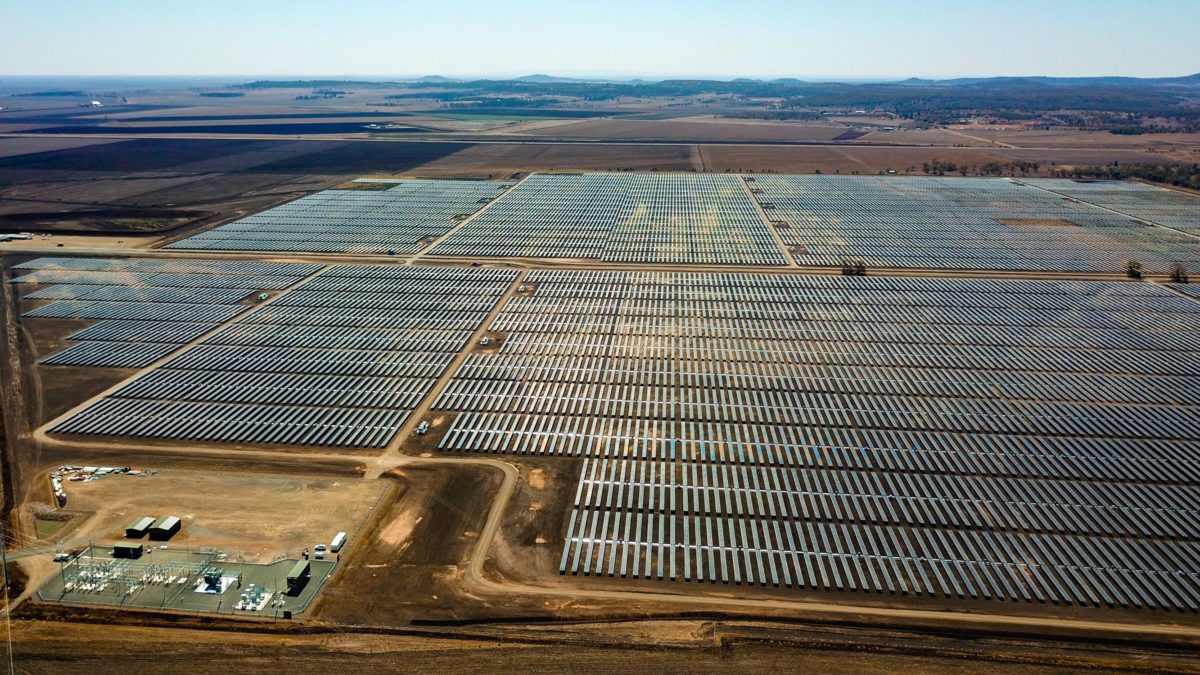On quick inspection, RELA Australia looks like a solar lease buyout company, which it is. But its scope, especially for new projects, travels deeper. The company has set up what it describes as a “marketplace” for willing landholders and developers.
In a way, the model is an inversion of the business-as-usual approach. That is, interested landowners approach RELA, and it then assesses the viability of their property as a developer would, by considering things like grid-connection points and capacity, solar and wind resources. If a property is suitable, RELA approaches developers in a closed tender format, iterating the requirements of the landholder. If a match is made, RELA continues to work with the landowner to assess proposals, table lease contracts, and manage the process.
“We bring the same skillset as the developer, but to the benefit of the landowner,” RELA Australia Director Michael Katz told pv magazine. “For the marketplace to function, landowners need to be equipped with same resources and knowledge as the developers have.”
Broadly speaking, the philosophy behind the company focuses on the idea that by better informing landowners, greater confidence and trust can be developed, and this ultimately helps to realize superior projects more smoothly.
Popular content
This same sentiment was largely borne out in a study published by the New South Wales government in March on the renewable sector’s land-use conflicts with agriculture. In the review, the government said that far more effort needs to go into providing “accessible” information to landholders and their communities. It suggested that both governments and the renewable energy sector should publish standard agreement “templates,” as well as timely indicative lease prices to boost transparency.
Katz and RELA Australia Director Co-Director Eren Rimmer both have backgrounds in renewables, and they saw that they could leverage their industry knowledge to make projects happen in a different way. They say the company has “struck a chord” with landowners, but developers have also been excited by the concept, as it cuts the notoriously tricky human aspect out of their workloads.
To continue reading, please visit our pv magazine Australia website.
This content is protected by copyright and may not be reused. If you want to cooperate with us and would like to reuse some of our content, please contact: editors@pv-magazine.com.



By submitting this form you agree to pv magazine using your data for the purposes of publishing your comment.
Your personal data will only be disclosed or otherwise transmitted to third parties for the purposes of spam filtering or if this is necessary for technical maintenance of the website. Any other transfer to third parties will not take place unless this is justified on the basis of applicable data protection regulations or if pv magazine is legally obliged to do so.
You may revoke this consent at any time with effect for the future, in which case your personal data will be deleted immediately. Otherwise, your data will be deleted if pv magazine has processed your request or the purpose of data storage is fulfilled.
Further information on data privacy can be found in our Data Protection Policy.